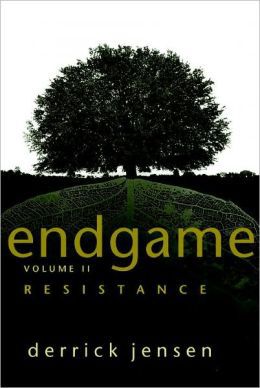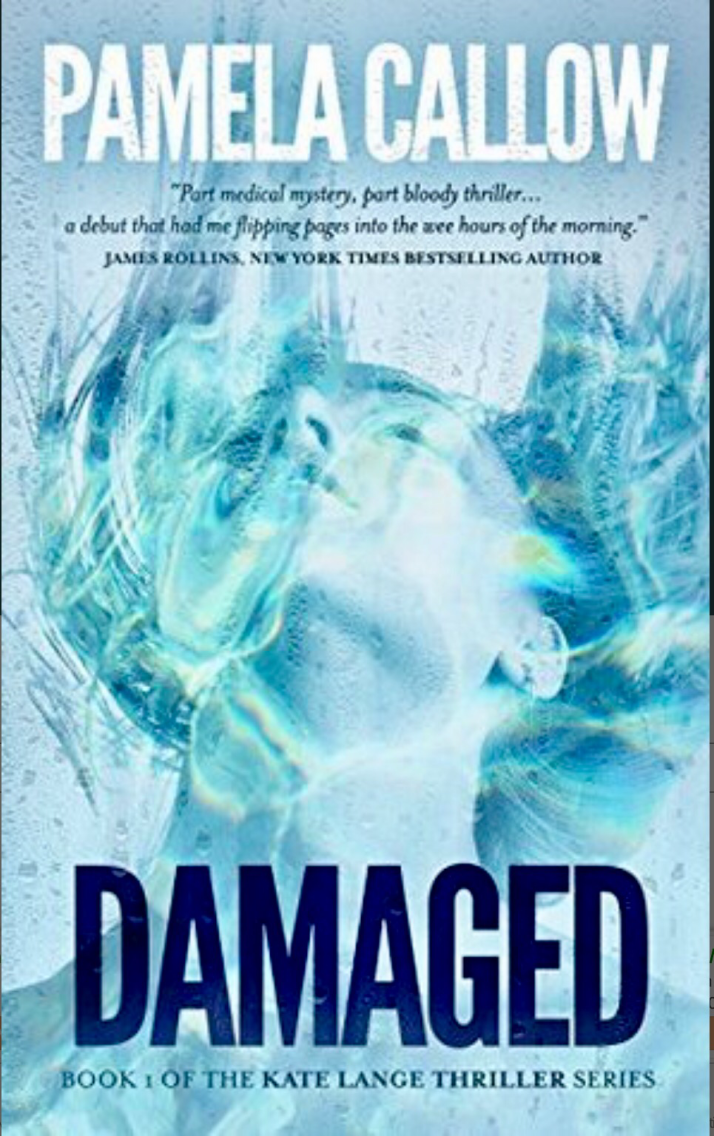 Taiwanese ensemble Cicada has long been associated with water, from their most recorded track, “Over the Sea/Under the Water” to the album Coastland and its international extension, Ocean. On their new set they continue to move in this direction, their fluid playing an aural reflection of their interests. White Forest also has larger ideas on its mind, addressing the bleaching of coral reefs and the disruption of dolphin habitats by wind turbines. Not that any of this is apparent from the music, which flows beautifully from start to finish, like a tide cycle completing its journey. But one need not read the liner notes to care about conservation; every ode to the sea is an argument for environmental preservation.
Taiwanese ensemble Cicada has long been associated with water, from their most recorded track, “Over the Sea/Under the Water” to the album Coastland and its international extension, Ocean. On their new set they continue to move in this direction, their fluid playing an aural reflection of their interests. White Forest also has larger ideas on its mind, addressing the bleaching of coral reefs and the disruption of dolphin habitats by wind turbines. Not that any of this is apparent from the music, which flows beautifully from start to finish, like a tide cycle completing its journey. But one need not read the liner notes to care about conservation; every ode to the sea is an argument for environmental preservation.
The album cover is playful, a depiction of swirling currents and corresponding sea life, not drawn to scale (unless that’s a very large turtle or very small whale). The album begins in playful fashion as well, the shifting tempos of “Dolphins Leap” intended to imitate the antics of risso and spinner dolphins. One can imagine them galavanting to this music, slowing down late to catch their breath, perhaps surfacing to nod their heads and laugh at the spectators. Those who have witnessed dolphins catching the wake of a boat will recognize the unabated joy, not only of the marine animals, but of the terrestrial animals who encounter them. The piano and strings of “Fly” are offset by sweet strums of guitar: a backdrop to every backflip and twirl. It’s yet another track rescued from an earlier set, in this case Over the Sea / Under the Water, along with the semantically (but not tonally) out of place “The Stray Cat in Zhuwei”.
 It’s difficult for this ensemble to capture melancholy, as they prefer ebullience. But when they subtract all but piano and textures two minutes into the title track, one feels a sense of loss. And by allowing the cello to take the lead on “Used to Be Home”, Cicada also allows for a bit of darkness to seep in, appropriate given the subject matter. The third minute introduces the album’s deepest elegy, the violin struggling to keep afloat, strings caught in the lines. Our oceans continue to be the repository for all manner of pollution, from plastic debris to oil spills, with no end in sight. Should Cicada choose, they might arrange an audio-visual presentation to underline their message. “Swimming in the Plastic Ocean” lends itself particularly well to visuals, its starts and stops perfect for switching between scenes.
It’s difficult for this ensemble to capture melancholy, as they prefer ebullience. But when they subtract all but piano and textures two minutes into the title track, one feels a sense of loss. And by allowing the cello to take the lead on “Used to Be Home”, Cicada also allows for a bit of darkness to seep in, appropriate given the subject matter. The third minute introduces the album’s deepest elegy, the violin struggling to keep afloat, strings caught in the lines. Our oceans continue to be the repository for all manner of pollution, from plastic debris to oil spills, with no end in sight. Should Cicada choose, they might arrange an audio-visual presentation to underline their message. “Swimming in the Plastic Ocean” lends itself particularly well to visuals, its starts and stops perfect for switching between scenes.
By ending with one song about a mother and baby whale and another about a cat, the band lifts the flagging spirits, emphasizing that we live in a silver-gilded time, during which there is still hope. We may be the last generation able to stem the tide, and we are called to action today. (Richard Allen)
Share this:





